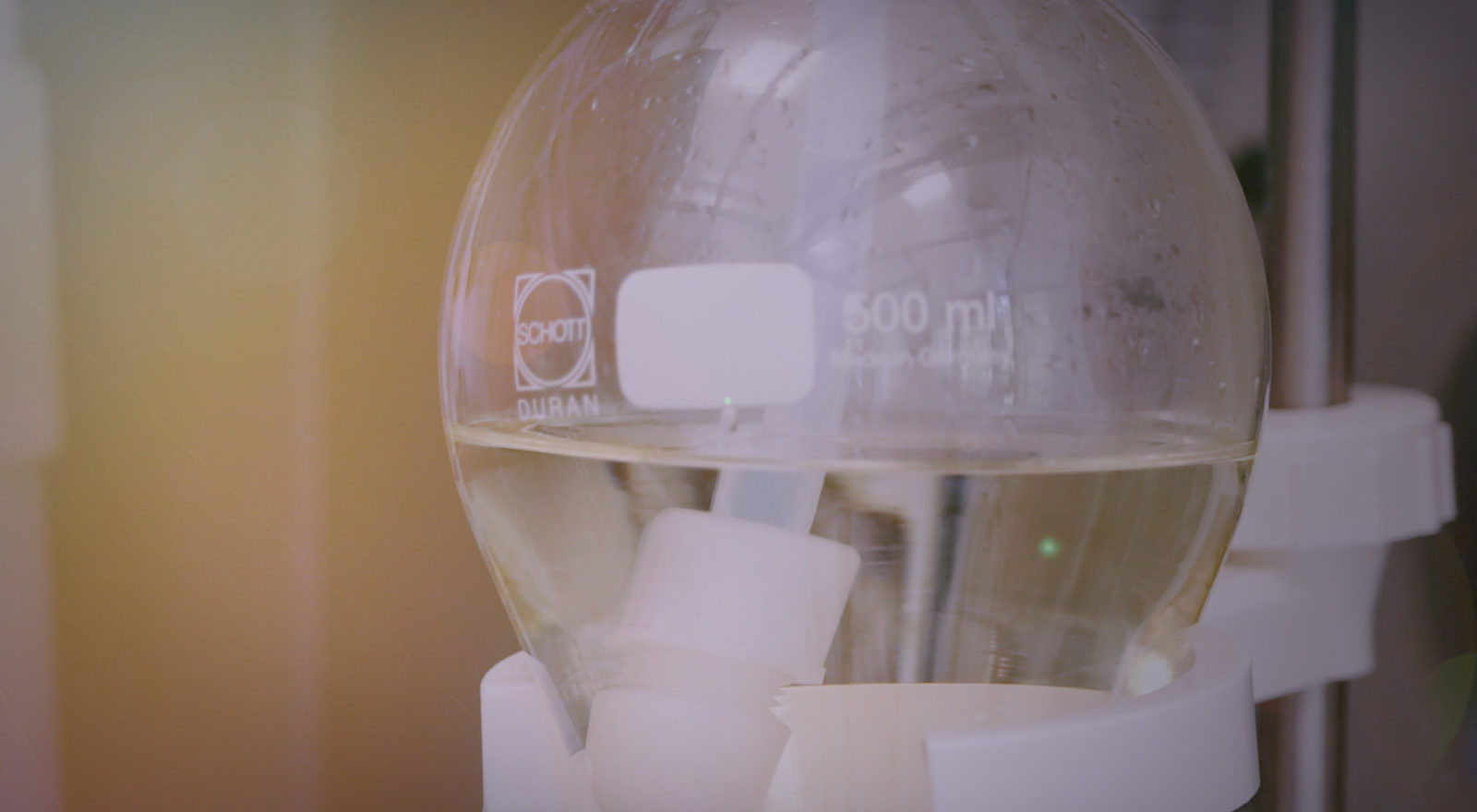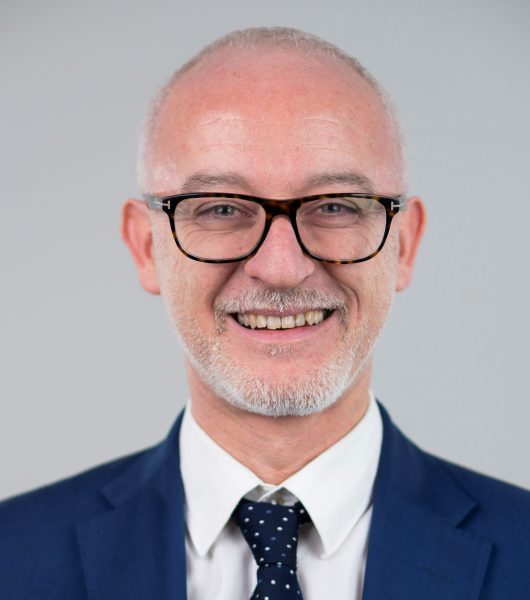At the source of all types of energy
The scientific excellence and social impact of the FBK Sustainable Energy Center: for innovation in the hydrogen sector and for future-proof technologY development.
Luigi Crema will be speaking at the event on sustainability promoted by the Ansa Agency scheduled for April 21, 2021 at 12:00 pm with a focus on hydrogen. The webinar, entitled “Green and blue: hydrogen and the energy transition in Italy”, involves the main industrial and institutional players who interpret the challenge of decarbonization and the sustainable development goals for the country and on a European scale.
Sustainable Energy is FBK’s center for research, innovation and dissemination on energy. Its mission is to support the development of low-carbon and no-carbon solutions for the production, distribution and storage of energy. Solutions that will minimize environmental impact and improve climate resilience. To carry out this mission, the center conducts research and development projects in the energy sector in collaboration with businesses, academia and institutions, (let us mention the strategic collaboration with ENEA Tech which operates in the technology transfer of national interest), playing a leading role in national and international associations (such as H2IT, the Italian Hydrogen and Fuel Cells Association). In this context, FBK has the skills and research infrastructures to provide support to both industrial and local development plans, and ensures the achievement of performance targets.
“At FBK, we focus on those issues that are most challenging within the energy transition.” – explains Luigi Crema, director of the Sustainable Energy Center – One of these challenges is the so-called molecules, where we mainly work on issues related to hydrogen and its use in heavy industry as well as in heavy transport. Another equally important challenge is linked to energy storage in the context of electricity grids, of next-generation batteries, for which we have a very ambitious development plan.”
In this process, the role of technology and innovation centers is crucial to help companies in their specific needs: understanding the sector, building knowledge and industrial plans that determine the development of new industrial assets, fielding new technologies for the market.
During the acceleration phase, technology centers can provide critical support for the success of this transition by transferring skills, helping the strategic positioning of the company in the industry, the sorting out of what is possible to do and implement in the short – medium and long term, helping progress with specific actions and tools for the co-development of technologies, joint innovation laboratories, infrastructures dedicated not so much to research, but calibrated on the dimension of technological validation of components and full-scale systems to accelerate their introduction on the market.
“We work in the local, national and European context with three specific sectors:” Crema added. “As for research into energy materials, especially with universities and other research centers; for the technology pillars of hydrogen and batteries, mainly with businesses, and, for applications, on local areal energy, especially with institutions”.
Some of the results achieved by the FBK Sustainable Energy Center that stand out are as follows:
- collaboration with industries, to transfer skills and abilities in achieving tangible results, such as supporting Solid Power with the process of technological validation on modules to produce solid oxide hydrogen, with the reverse mode use of hydrogen;
- the design of a process for converting ammonia directly into electrical and thermal energy through the same solid oxide modules in direct mode;
- finally, support in the battery sector for the newco Green Energy storage with the design of new generation modules and cells.
These collaborations are part of a prospective vision of energy that aims at grounding projects, initiatives and above all technologies along the entire value chain of the hydrogen sector: production, logistics and transport, mobility and industry, first in the “hard to abate” sectors, and then for all energy uses in the medium – long term. “This” concludes Crema “to achieve all future goals of deep decarbonization and to create a society free from carbon emissions by 2050”.


